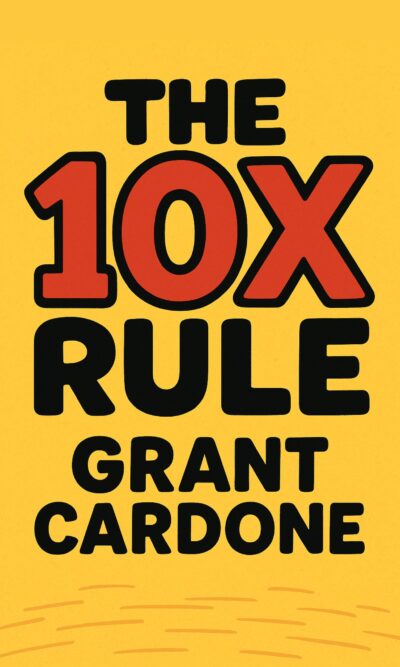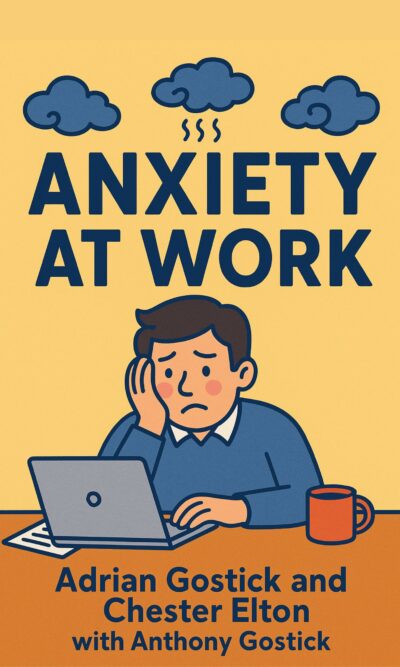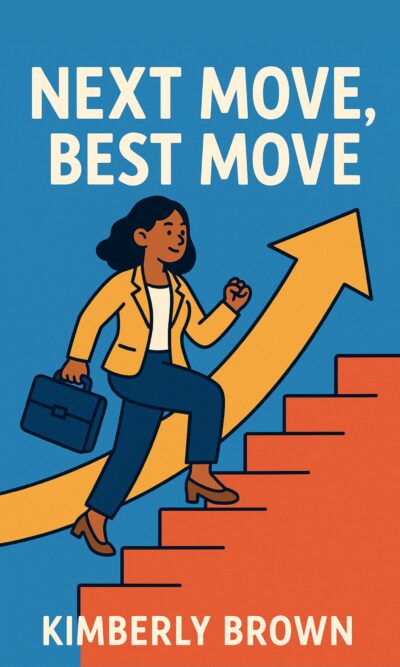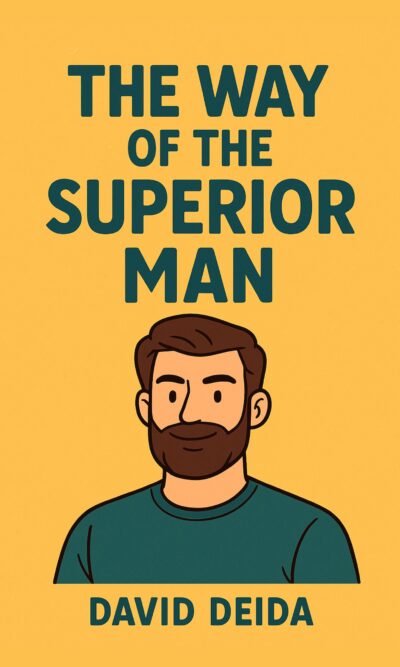Description
By the time you reach your forties, life usually feels very different from your younger years. You may no longer define yourself by the roles you played in school—whether you were the achiever, the dreamer, or the rebel. Instead, you may now find yourself as a worker, a parent, a partner, or the main provider in your household. With these roles comes one thing that everyone in their forties has in common: money.
Many people in middle age hope for financial security and freedom, but often they run into struggles that make this dream feel out of reach. Debt, lack of focus, unhelpful childhood beliefs, or poor planning can create obstacles. The good news is that even in your forties, it is still possible to turn things around.
One of the biggest challenges is the desire for too much. In today’s world, advertisements and social media constantly show images of glamorous lives filled with expensive cars, designer clothes, and luxury vacations. It’s easy to confuse wants with needs. Josephine, for example, was a successful entrepreneur making over a million dollars a year. From the outside, her life looked perfect: multiple homes, hotel suites, and personal stylists. But beneath the surface, she was drowning in debt. Her lifestyle demanded constant income, leaving her exhausted and stressed. She earned more than most people could imagine, yet she wasn’t truly secure. Her story shows how unchecked desire can trap people, no matter how much they earn.
Another major obstacle is lack of focus. Many people don’t spend time thinking about what they truly want from life in five, ten, or twenty years. Without a vision, they drift from one short-term distraction to another. Jasper is an example of this. Once a promising athlete, his career ended before it began. Without new goals, he lost direction. By his forties, he had no savings, no stable career, and little purpose. On the other hand, sometimes people focus too narrowly. Jayne, a lawyer and single mother, gave all her attention to her family. While her love for her children was admirable, ignoring her career meant she struggled to pay her bills and had no safety net for the future. Both situations show how balance is key—focus matters, but it must be pointed in the right direction.
Another overlooked truth is that time is as important as money. Many people delay saving or planning because they believe they still have plenty of time. But time is a resource that runs out for everyone. Karen and Russ, for example, built a comfortable life with a nice home and vacations but never made plans for emergencies. With no insurance and no long-term savings, one setback could put their entire future at risk. On the opposite end of the spectrum, Brad, a billionaire, had all the money he could ever need, but he spent so much time working that he neglected relationships. By middle age, he realized he couldn’t buy back lost moments with his family. These examples remind us that money can be replenished, but time cannot.
Childhood beliefs also shape how adults handle money. Many people inherit unhelpful ideas from their parents without questioning them. Jasper’s father worked endless hours for little pay, teaching him that money was painful to earn. As an adult, Jasper avoided hard work entirely, believing ambition would only lead to suffering. This mindset left him stuck in low-paying jobs. Karen, the stay-at-home mother, absorbed the belief that she wasn’t capable of earning money and should rely on her husband. Brad grew up believing love and worth were tied to financial success, leaving him rich but lonely. These early lessons often linger quietly but powerfully in adulthood, creating limits that feel invisible until they’re challenged.
Despite all these obstacles—desire, lack of focus, poor use of time, and harmful beliefs—change is possible. The key is action. People who decide to confront their patterns can reshape their financial futures. For Josephine, the solution was to cut down her lifestyle. Selling most of her luxury properties and paying off debt allowed her to finally breathe and live without constant financial pressure. Karen chose to build her own small business, proving to herself that she could earn money and contribute to her family’s long-term security. Russ, her husband, took out life insurance, protecting the family if something unexpected happened. Even Brad, the billionaire, made time to reconnect with his ill mother before it was too late.
Not every story ends in success. Jasper tried to restart his education with financial help from his mother, but his deeply held beliefs about money and effort pulled him back into old patterns. His struggle highlights that change is possible but not guaranteed. It requires commitment and a willingness to let go of old ways of thinking.
The main lesson is simple: by middle age, almost everyone has made mistakes with money. Maybe you’ve spent too much, saved too little, or avoided planning for the future. But your forties don’t have to be the end of your financial journey. They can be the turning point. By reevaluating desires, choosing meaningful focus, respecting time, and challenging old beliefs, you can create stability and freedom for the years ahead.
Practical steps can help. Seeking advice from a trustworthy financial advisor can make a big difference. Independent advisors, who earn fees from clients rather than commissions from products, can give clear, unbiased guidance. For many people, professional advice costs far less than the price of ongoing financial mistakes. More importantly, the right advice provides peace of mind and a structured path forward.
Financial freedom isn’t about living without limits or owning everything you want. It’s about reducing stress, protecting your family, and having choices about how you spend your time and energy. In your forties, you may already feel weighed down by responsibilities, but this stage of life also brings wisdom, resilience, and the chance to create a secure foundation for the future.
The stories of Josephine, Jasper, Jayne, Karen, Russ, and Brad are reminders that no matter where you start, you can make changes. Some may need to cut back on spending, others may need to dream bigger, and others still may need to unlearn old beliefs. Whatever the case, financial security is possible when you decide to take control.
In the end, the forties are not just a midpoint in life—they can be a moment of transformation. By taking honest stock of your habits and acting with purpose, you can set yourself on a new path, one that leads not only to financial freedom but also to peace of mind, healthier relationships, and a future that feels worth working toward.





